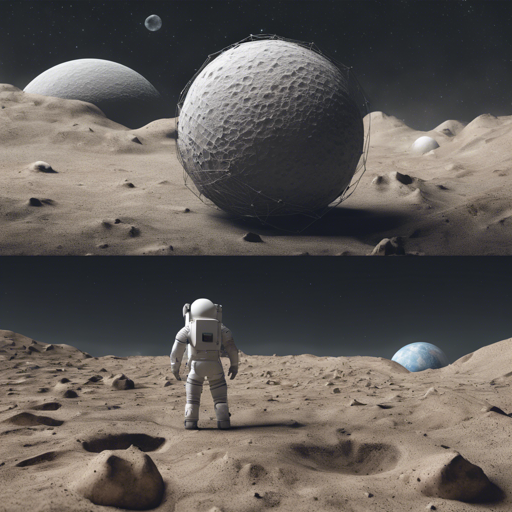Welcome to an exciting journey into the world of deep reinforcement learning! In this guide, we’ll explore how to utilize a pre-trained model that plays the LunarLander-v2 environment using the stable-baselines3 library. Are you ready to launch your learning agent into space? Let’s dive in!
What You Need to Get Started
- Python installed on your machine.
- Access to the internet to install packages.
- Basic understanding of Python and reinforcement learning concepts.
Installation Steps
To use the pre-trained model, you need to install the stable-baselines3 and huggingface_sb3 libraries. Follow the commands below in your terminal:
pip install stable-baselines3
pip install huggingface_sb3Loading the Model
Once installed, you can retrieve and load the model seamlessly. The model is akin to an experienced astronaut ready to navigate through the treacherous terrain of LunarLander-v2. Here’s how it works:
import gym
from huggingface_sb3 import load_from_hub
from stable_baselines3 import PPO
from stable_baselines3.common.evaluation import evaluate_policy
# Retrieve the model from the hub
repo_id = 'your_org/your_repo_name' # Replace with the model repository ID
filename = 'model_file.zip' # Replace with the zip file containing your model
checkpoint = load_from_hub(repo_id=repo_id, filename=filename)
model = PPO.load(checkpoint)Here, you are fetching the pre-trained model from the Hugging Face Hub, just like a spaceship loading fuel before a launch!
Evaluating the Agent
With your model loaded, it’s time to evaluate its performance. You will be like a mission control operator monitoring the spacecraft in action:
eval_env = gym.make('LunarLander-v2')
mean_reward, std_reward = evaluate_policy(model, eval_env, n_eval_episodes=10, deterministic=True)
print(f'mean_reward={mean_reward:.2f} ± {std_reward}') # Display the resultsWatching the Agent Play
Now that you’ve evaluated the agent, let’s watch it glide through the LunarLander-v2 environment! It’s like witnessing a masterful performance in a grand theater:
obs = eval_env.reset()
for i in range(1000):
action, _state = model.predict(obs)
obs, reward, done, info = eval_env.step(action)
eval_env.render()
if done:
obs = eval_env.reset()
eval_env.close()Evaluation Results
The code above will yield a mean reward, representing how well the agent performed during the evaluations:
Mean_reward: your_evaluation_results
For inspiration, check out the demo video of the agent in action: demo video.
Troubleshooting
If you encounter any challenges during the setup or execution of the model, here are some common issues and solutions:
- Import Errors: Make sure all libraries are installed properly. Double-check the package names and versions.
- Model Not Found: Ensure the
repo_idandfilenameused to load the model are correct. - Gym Environment Issues: If you experience problems opening the gym environment, reinstall the gym library or verify the environment ID.
For more insights, updates, or to collaborate on AI development projects, stay connected with fxis.ai.
Conclusion
At fxis.ai, we believe that such advancements are crucial for the future of AI, as they enable more comprehensive and effective solutions. Our team is continually exploring new methodologies to push the envelope in artificial intelligence, ensuring that our clients benefit from the latest technological innovations.

